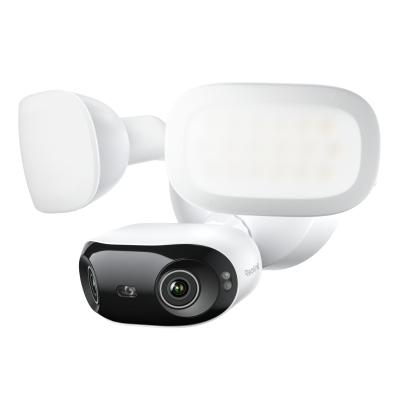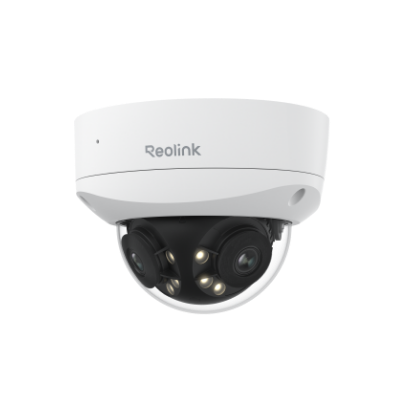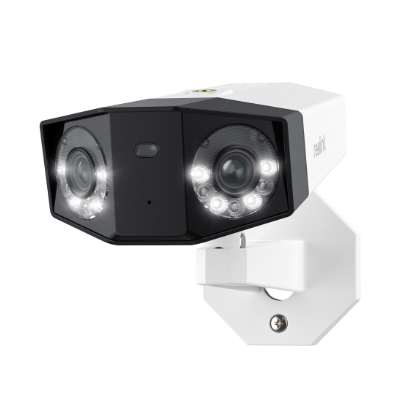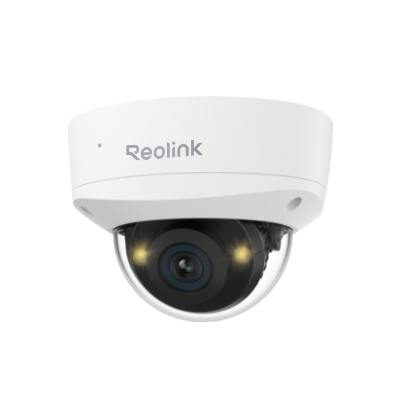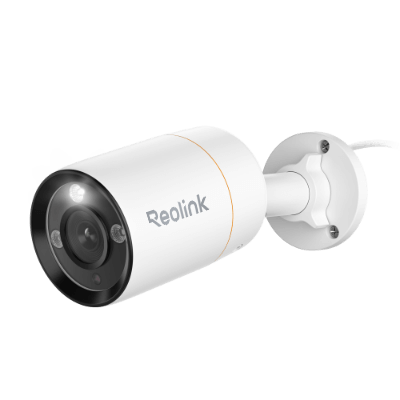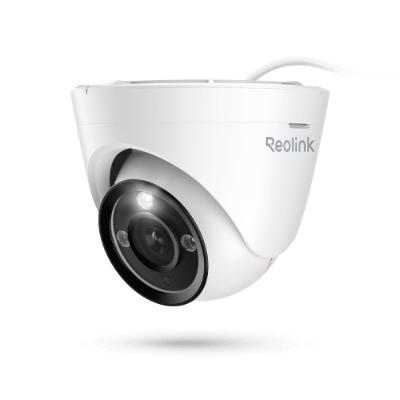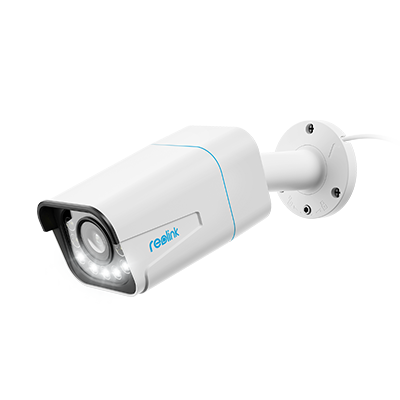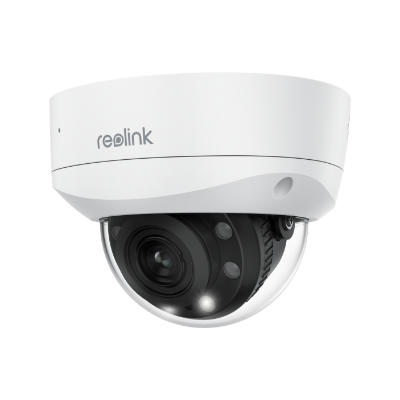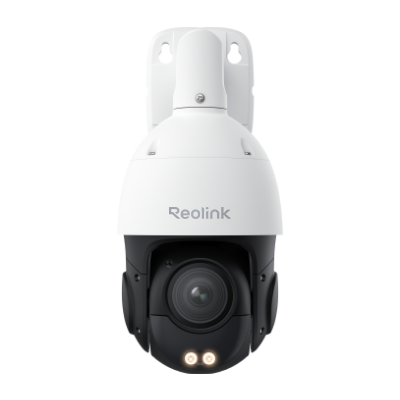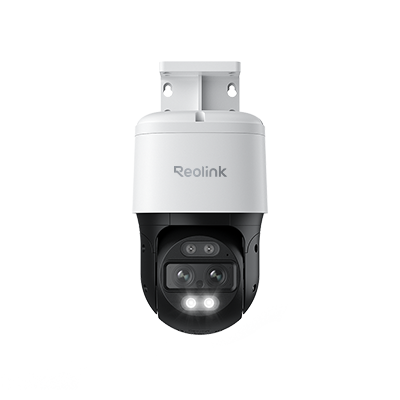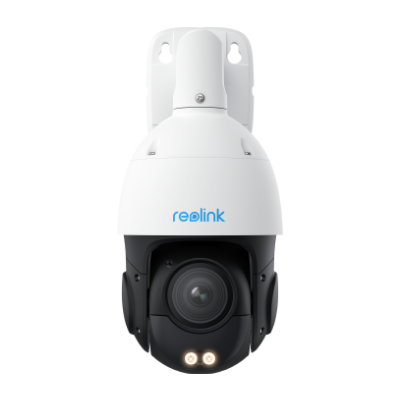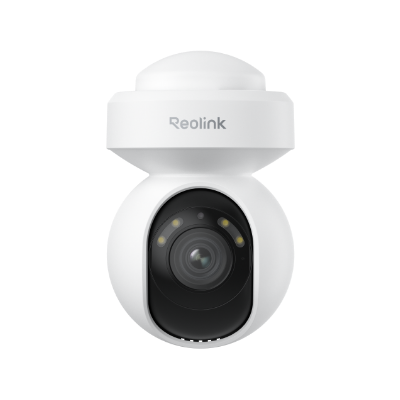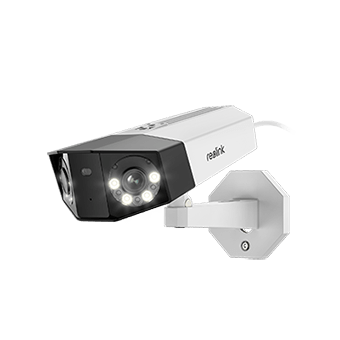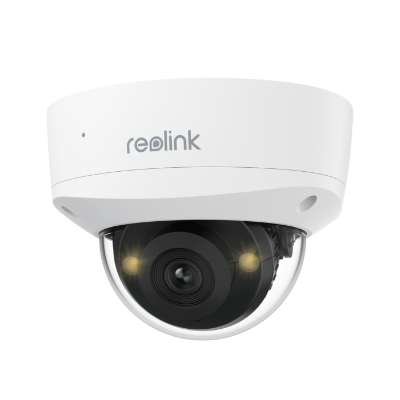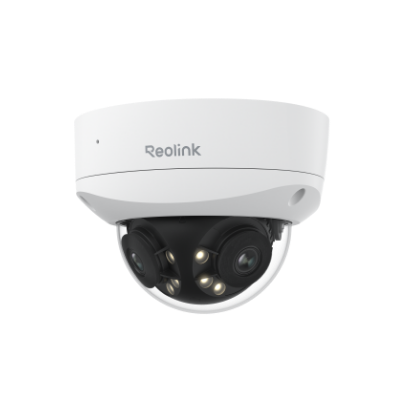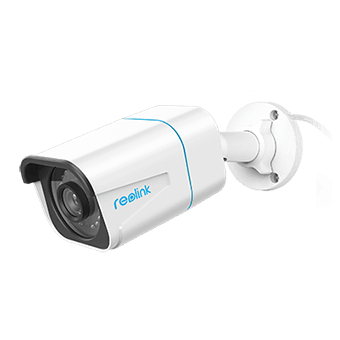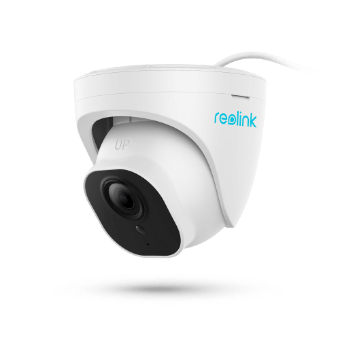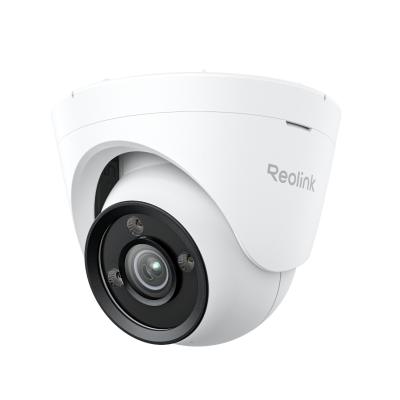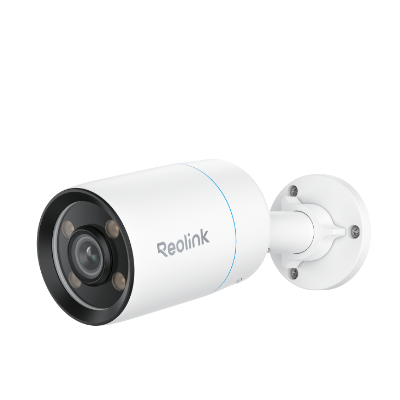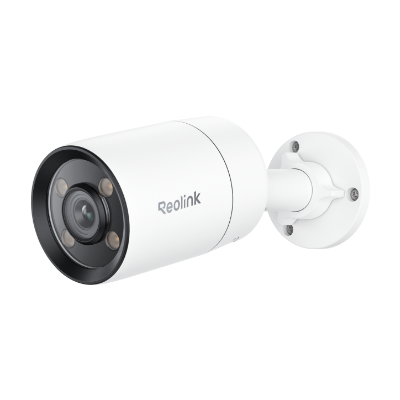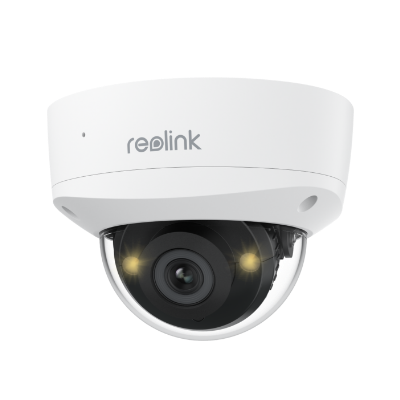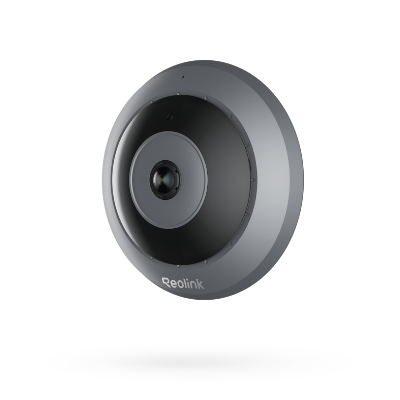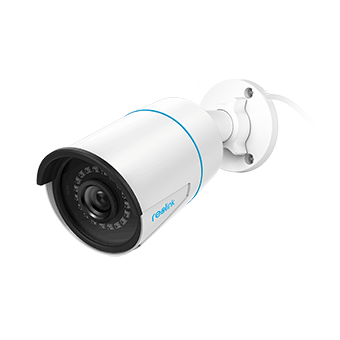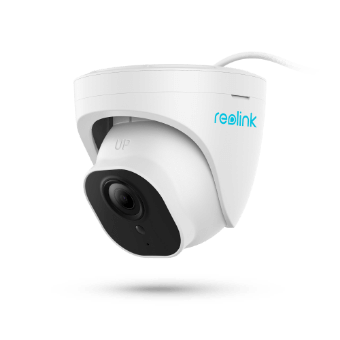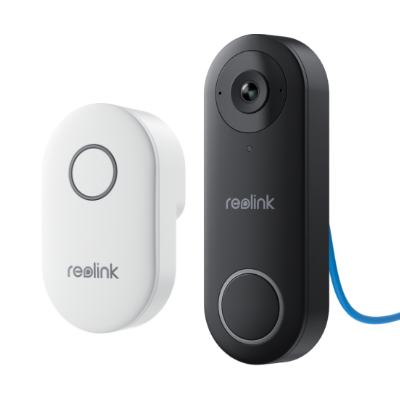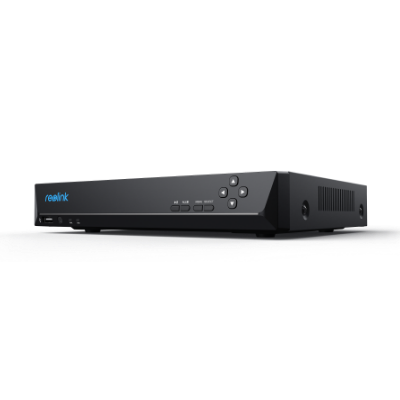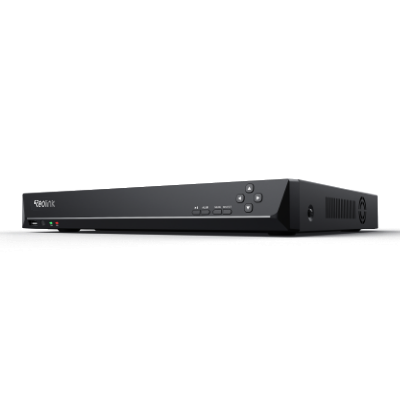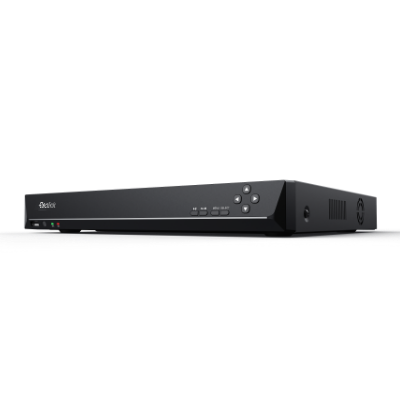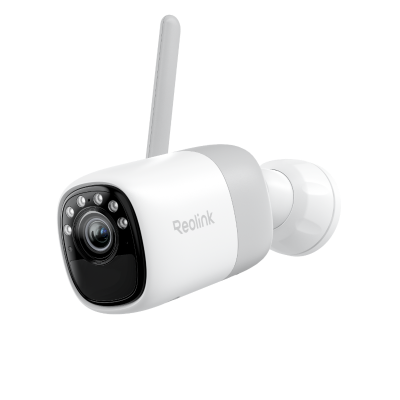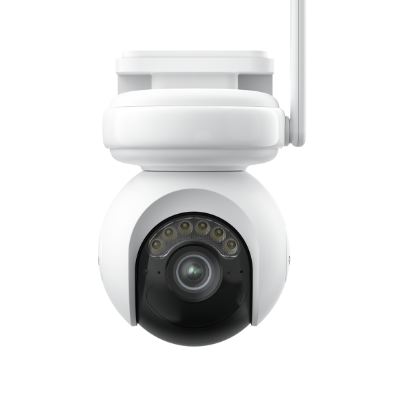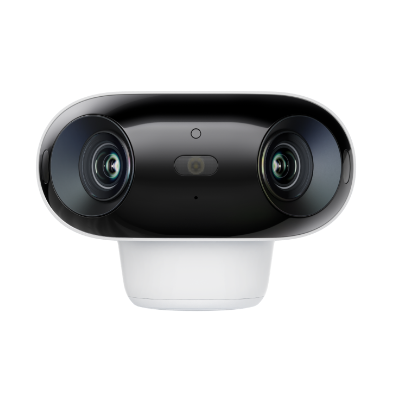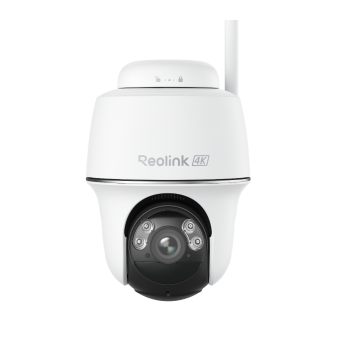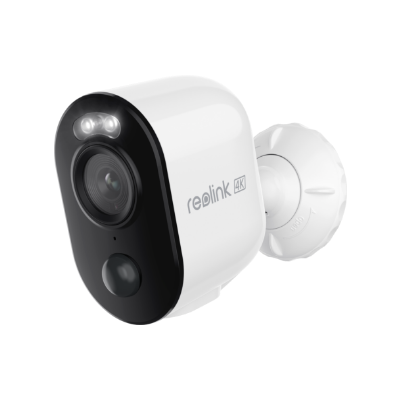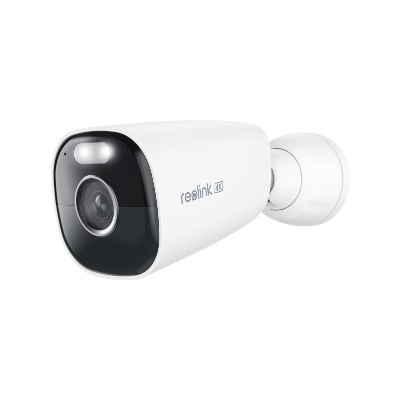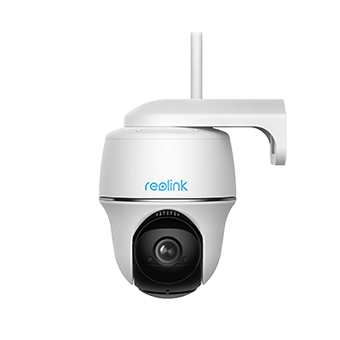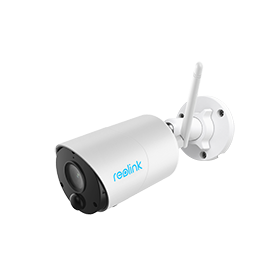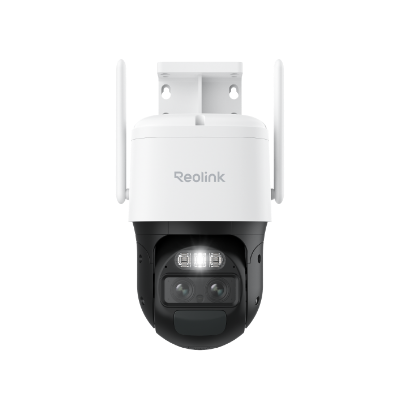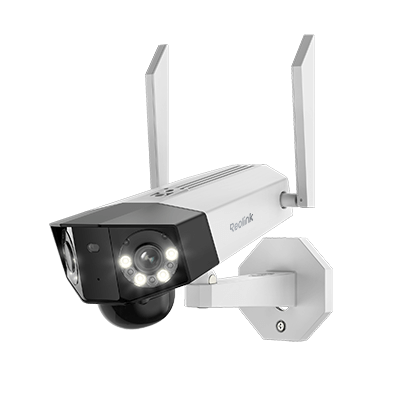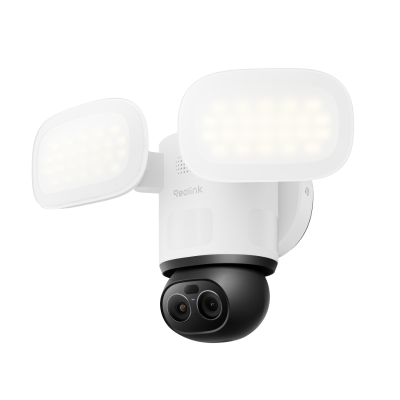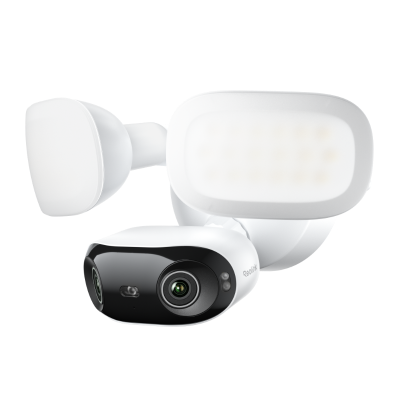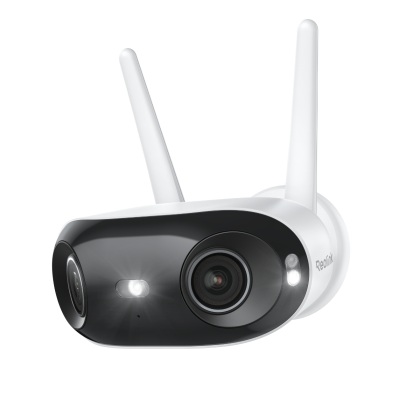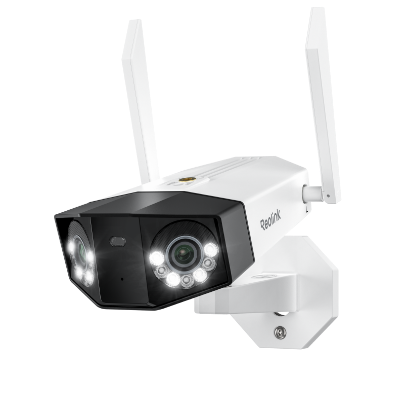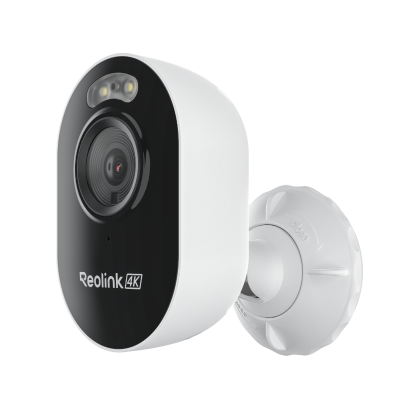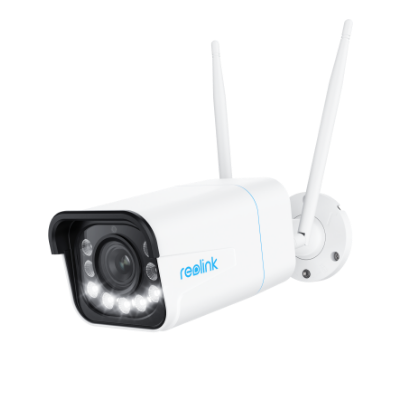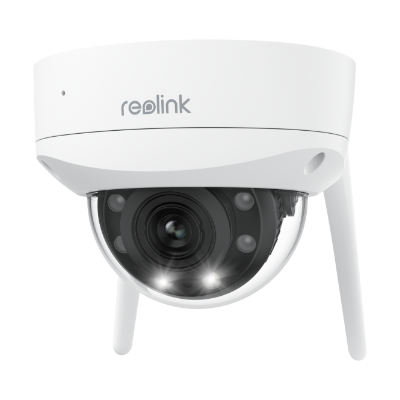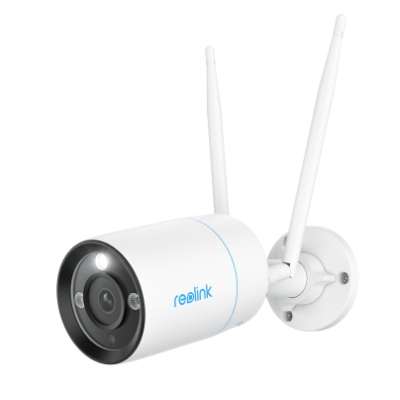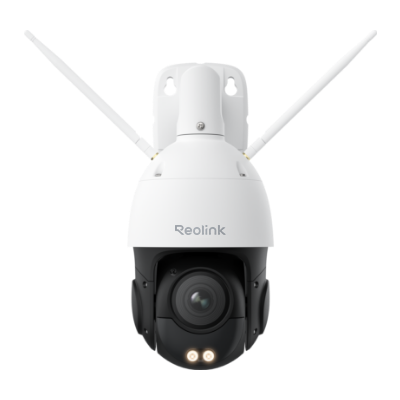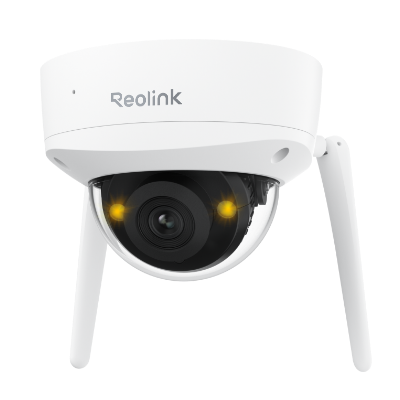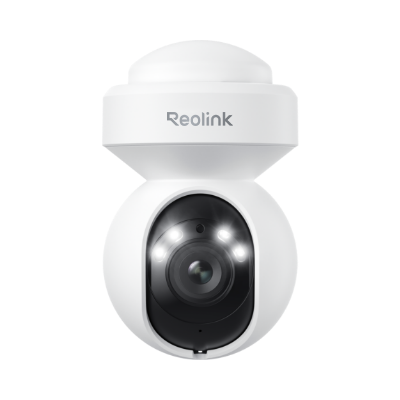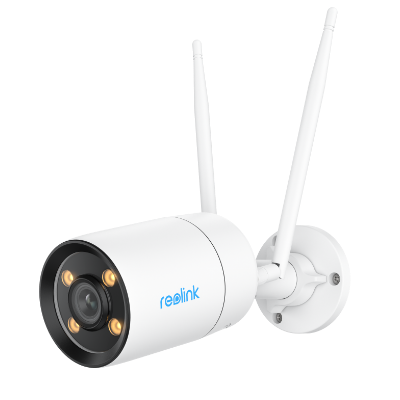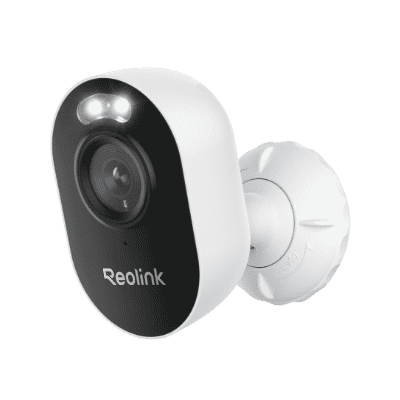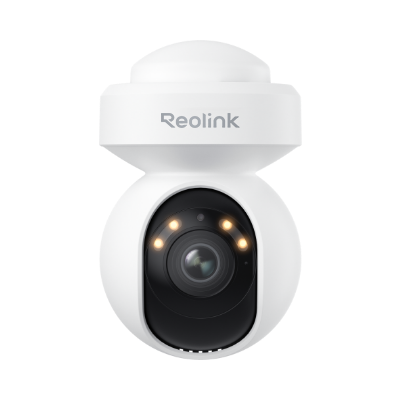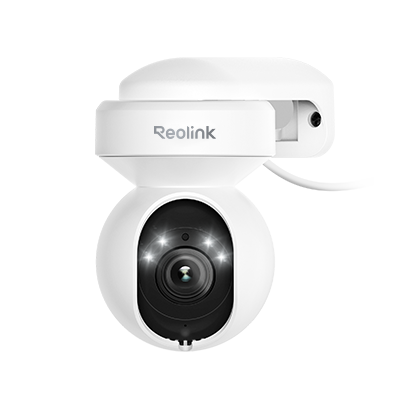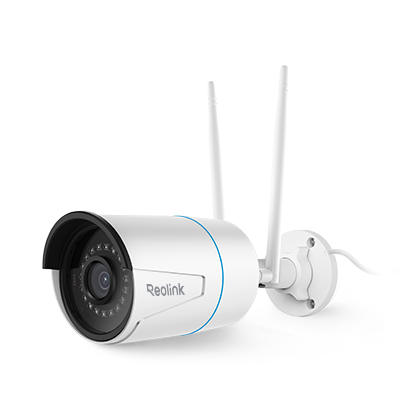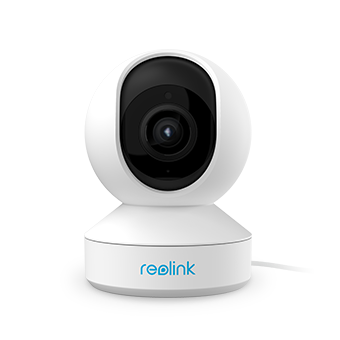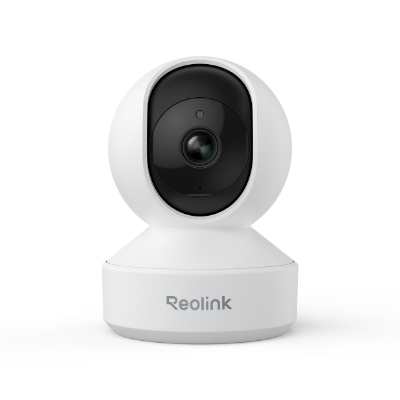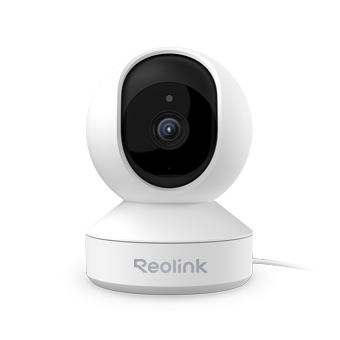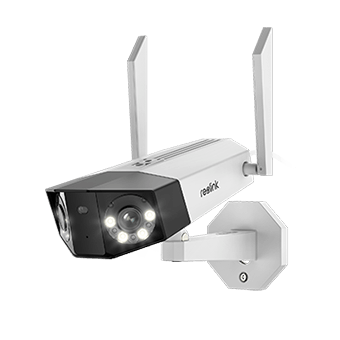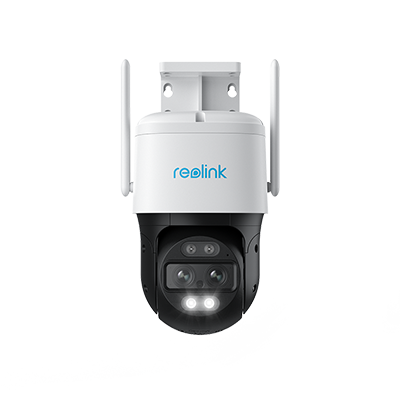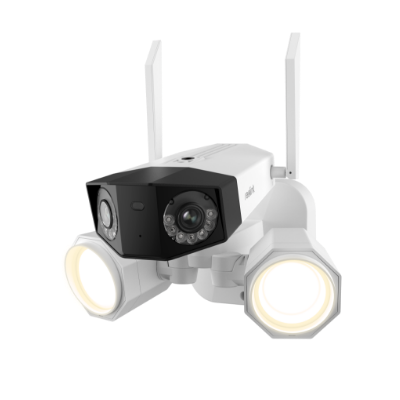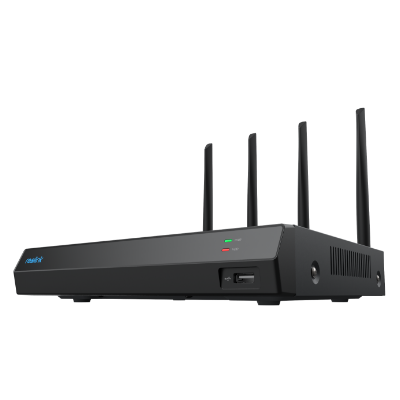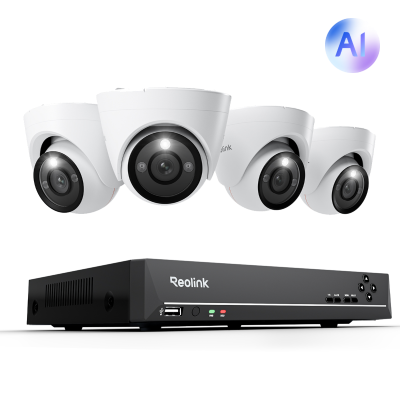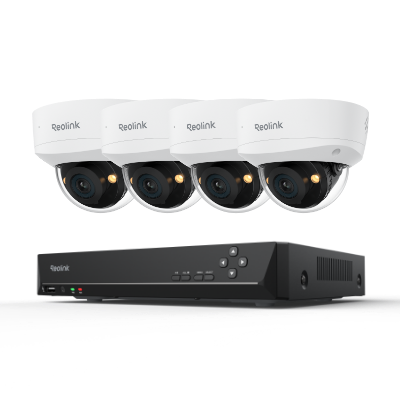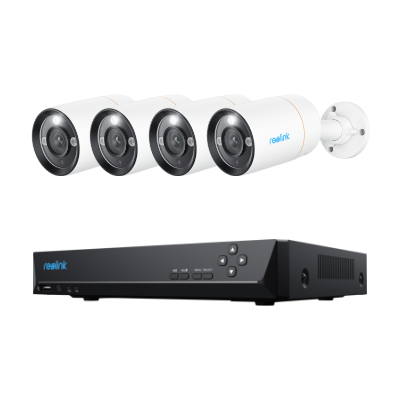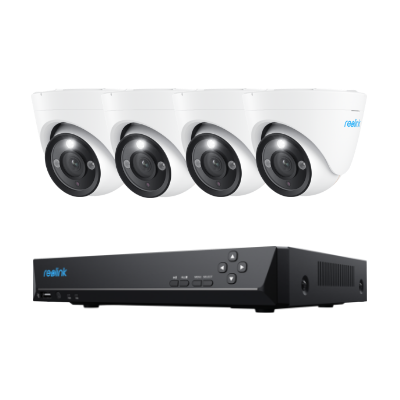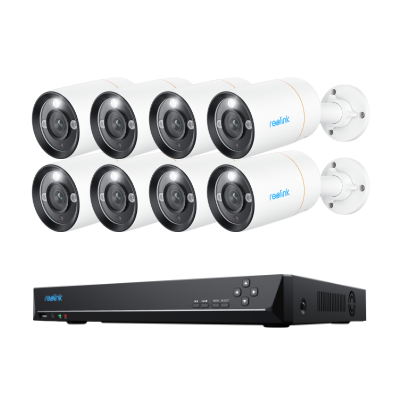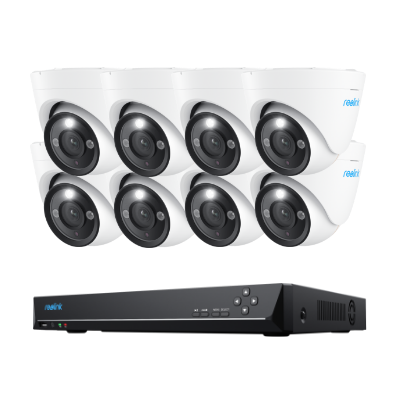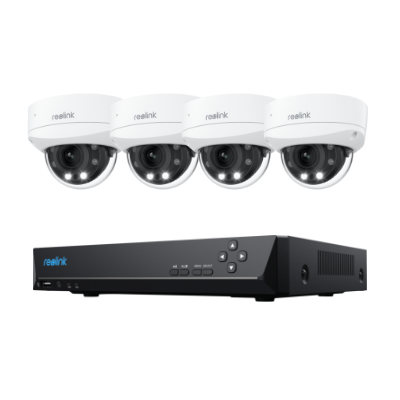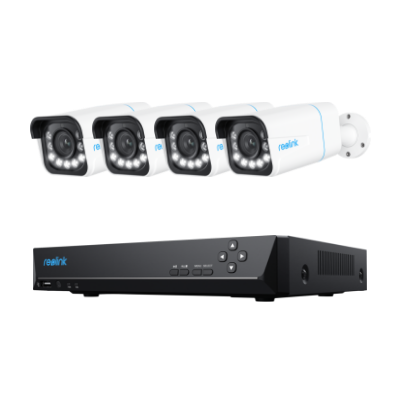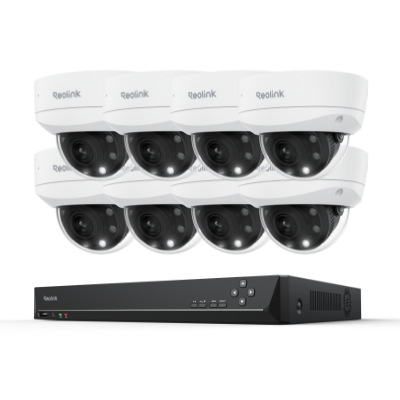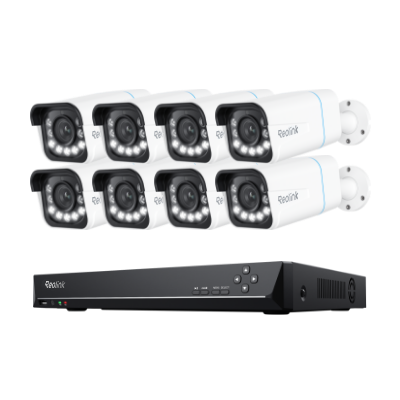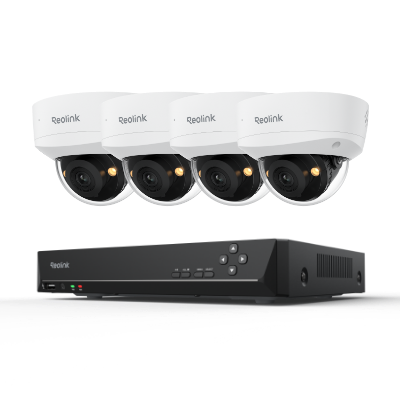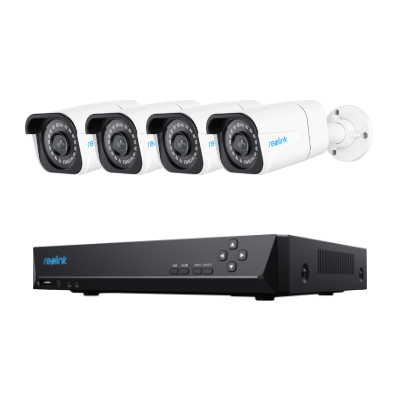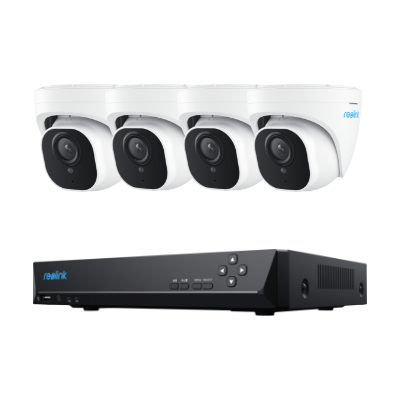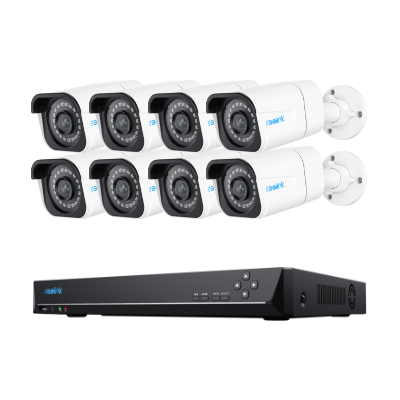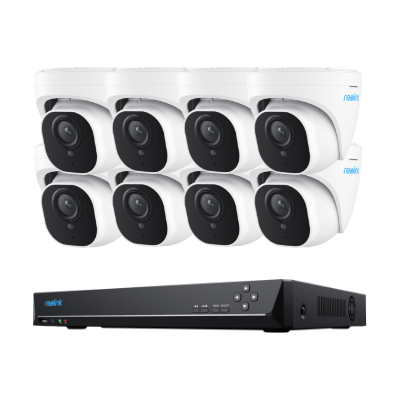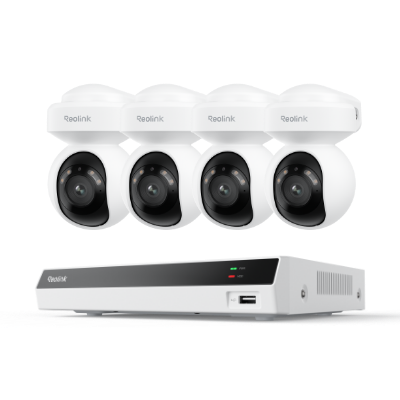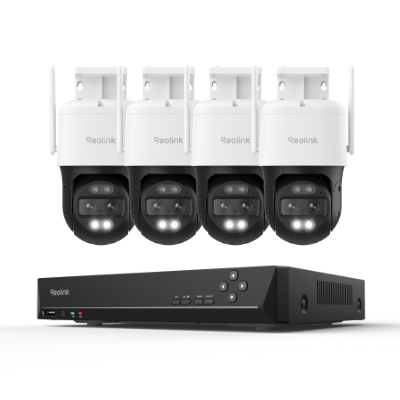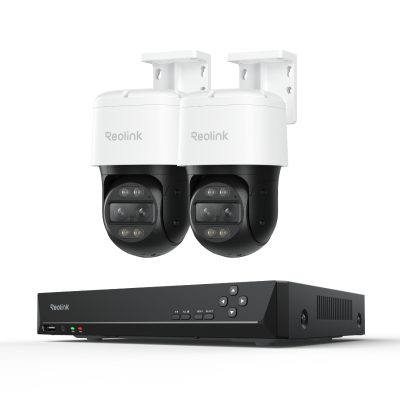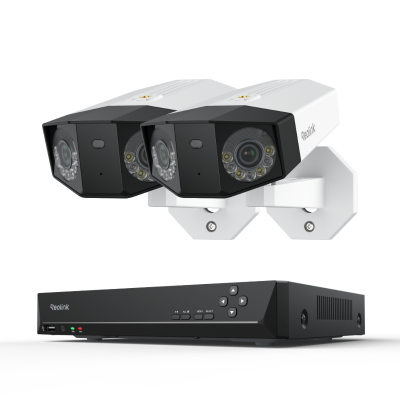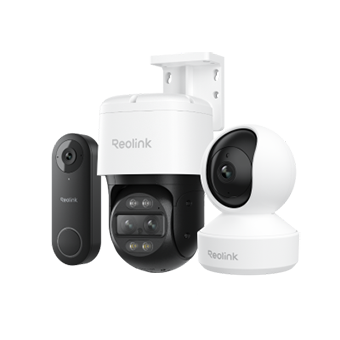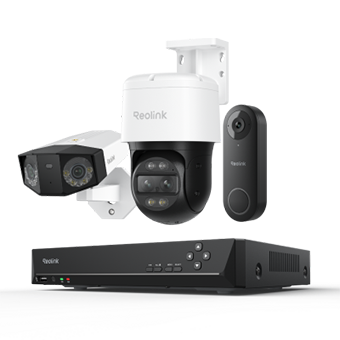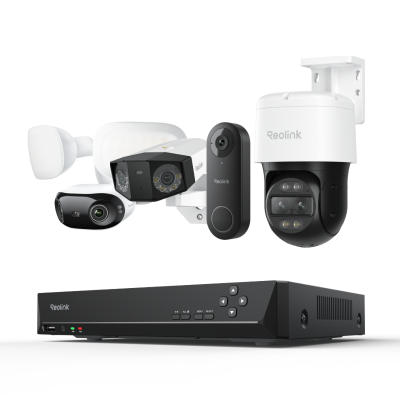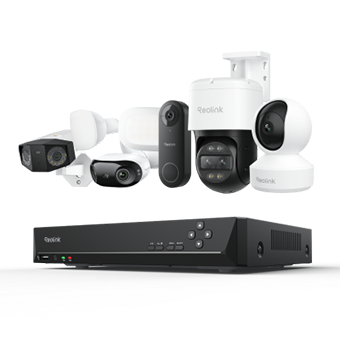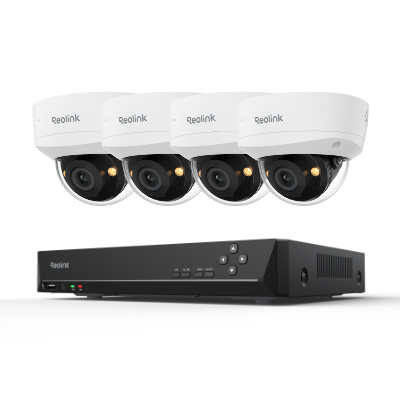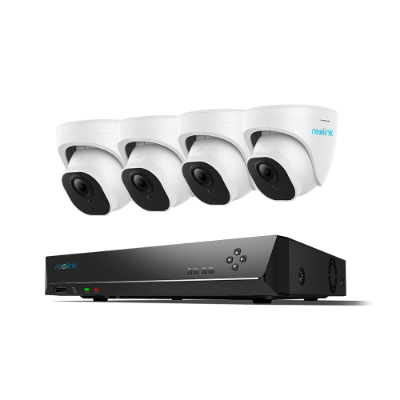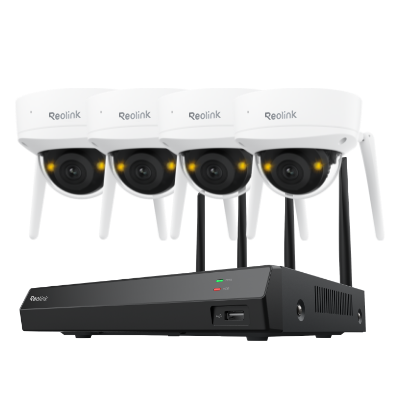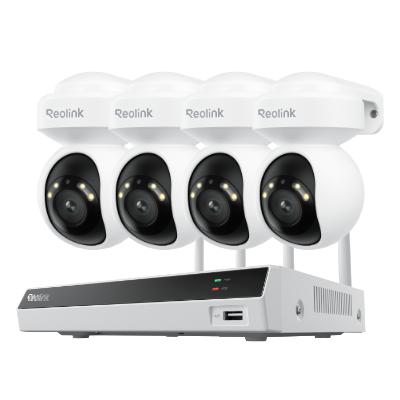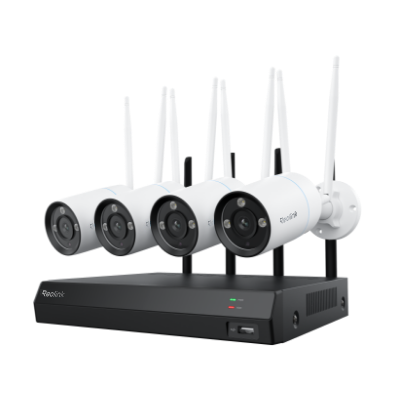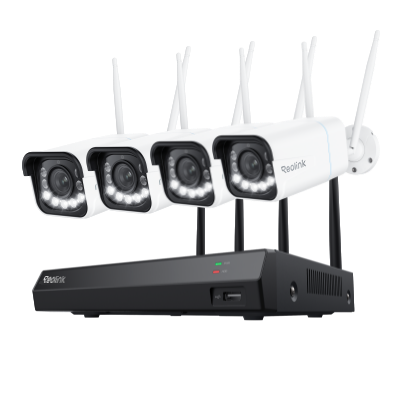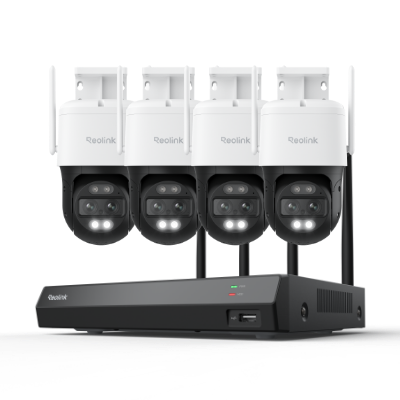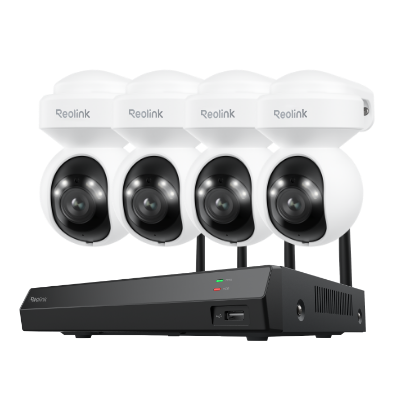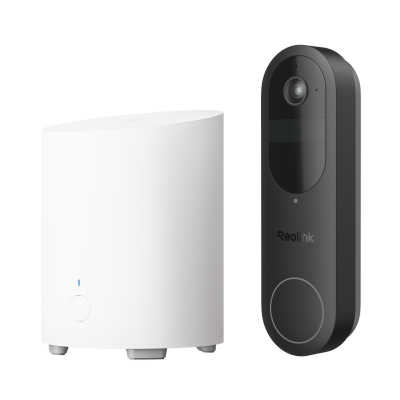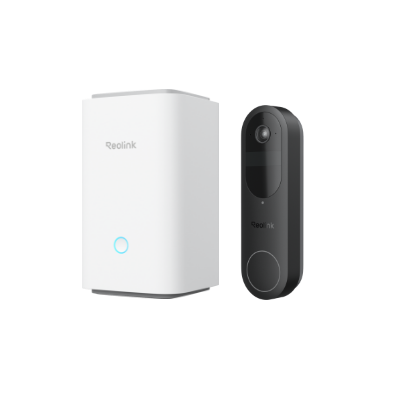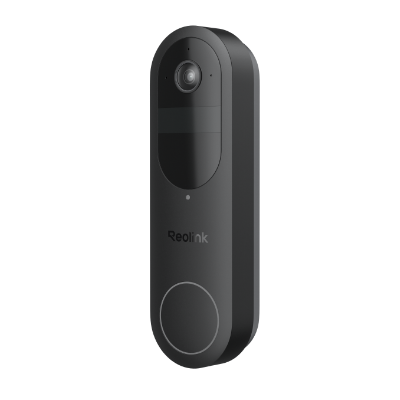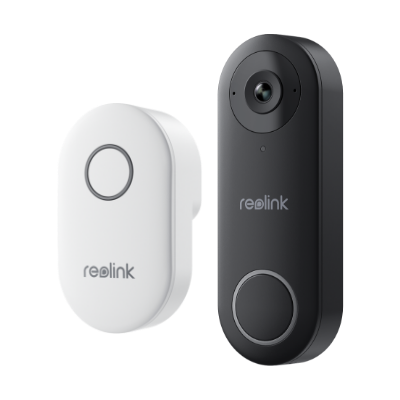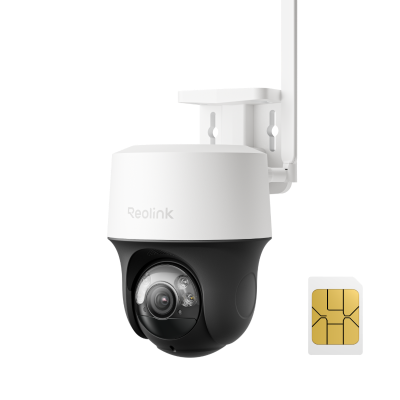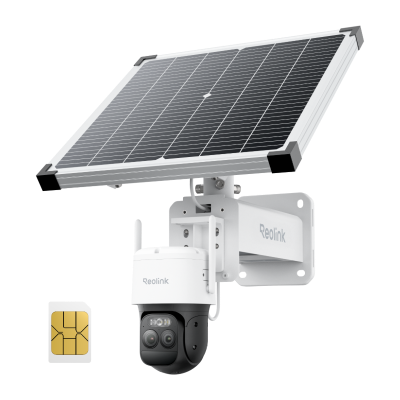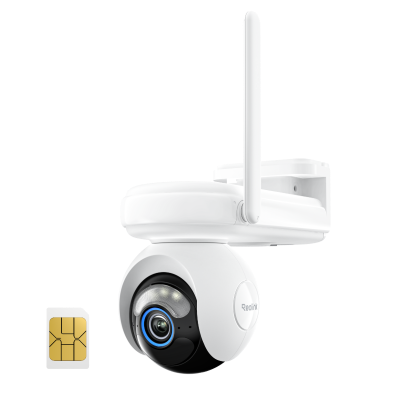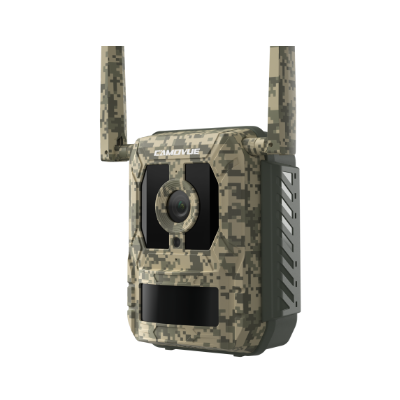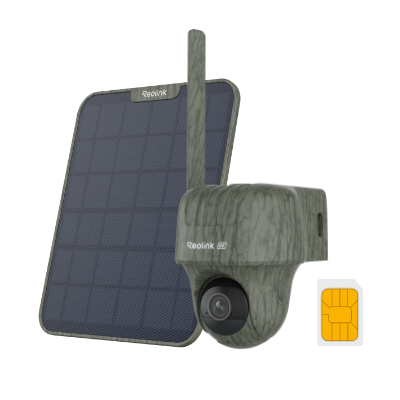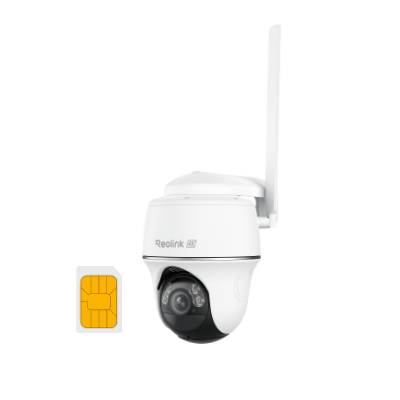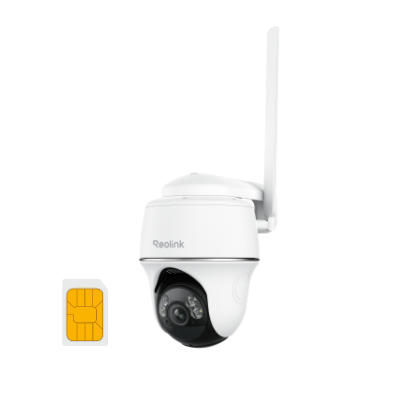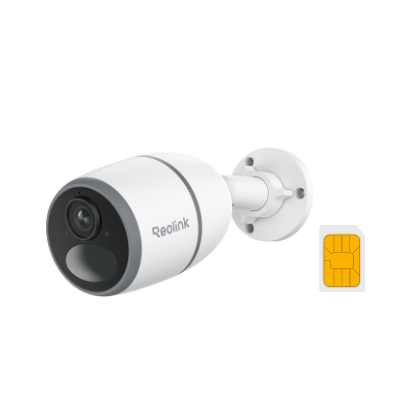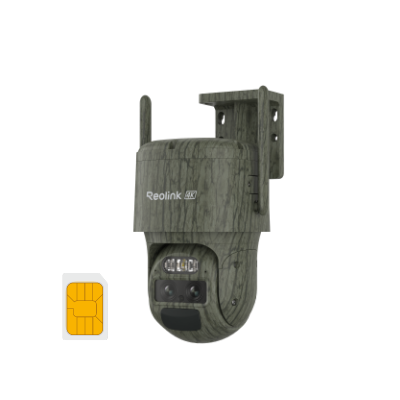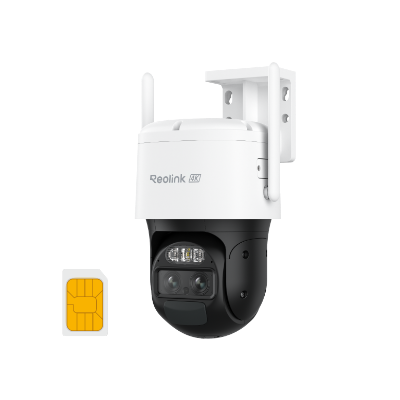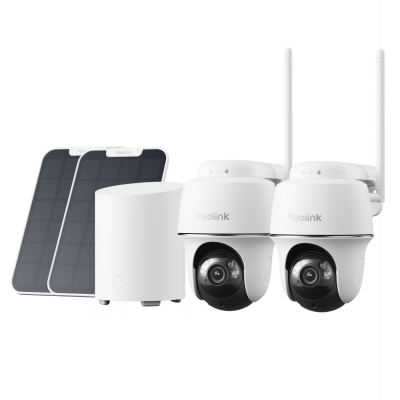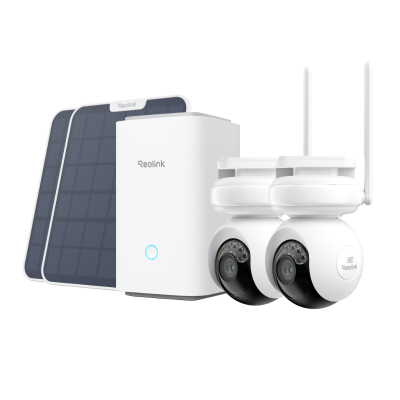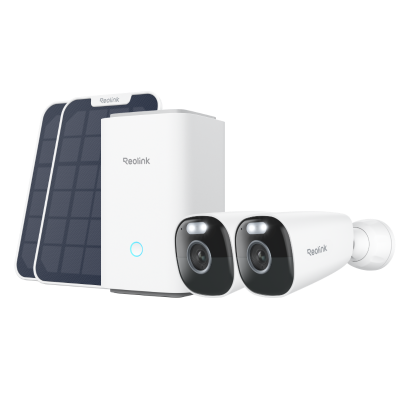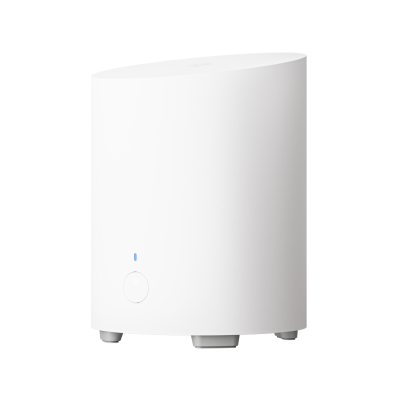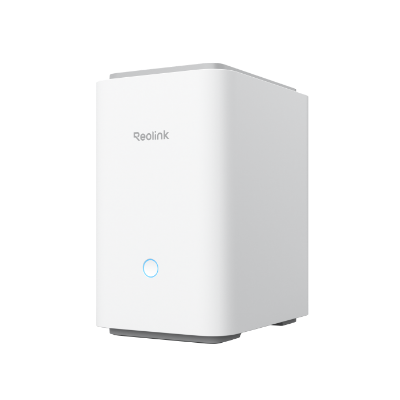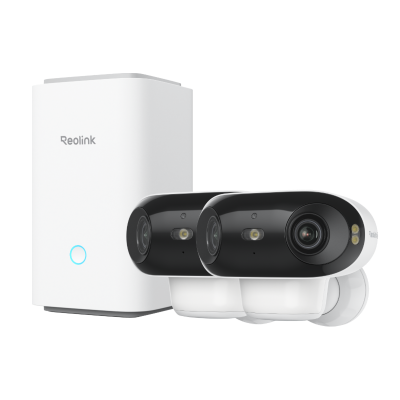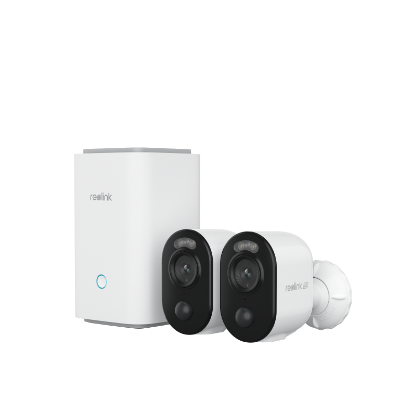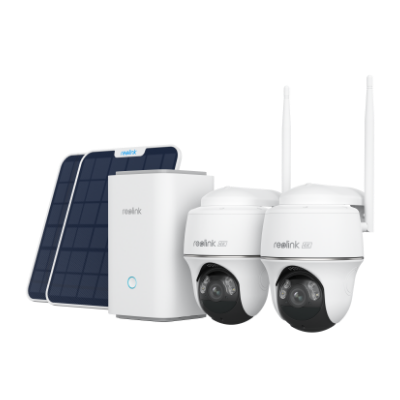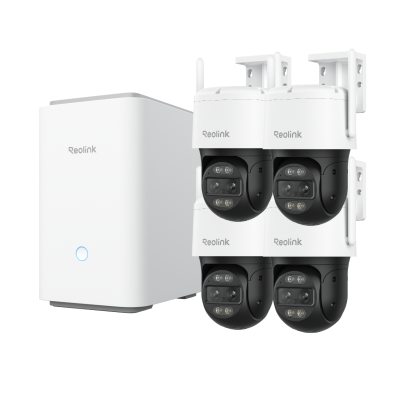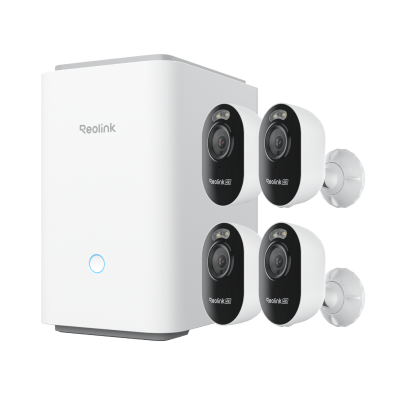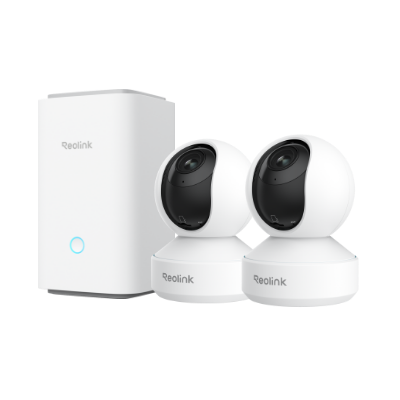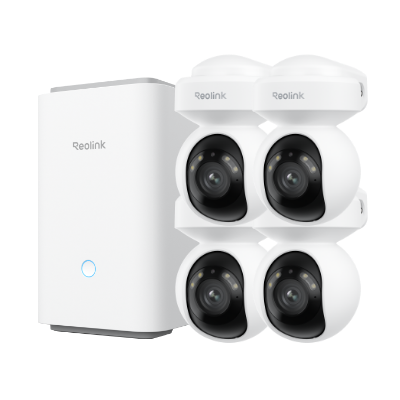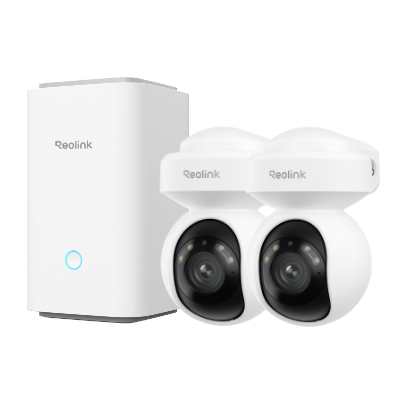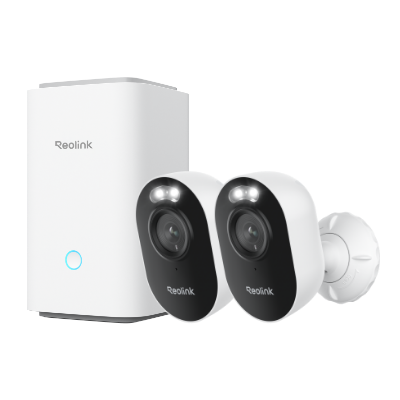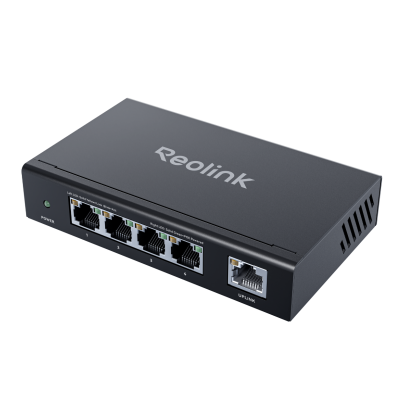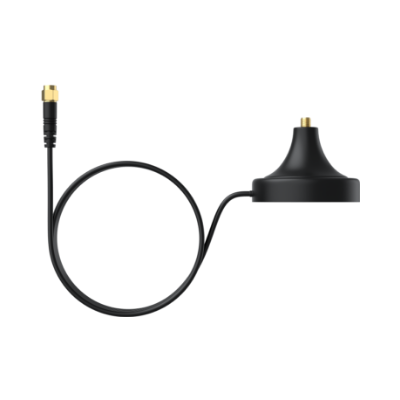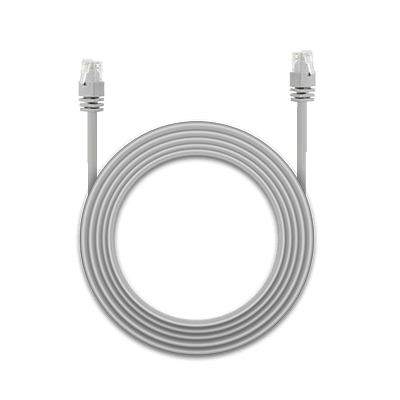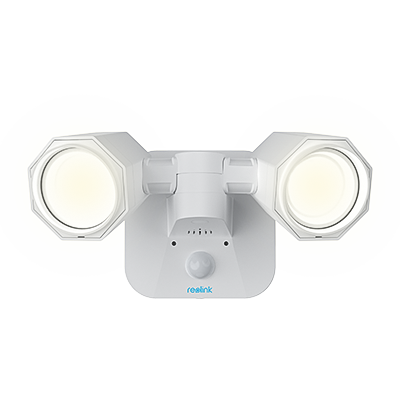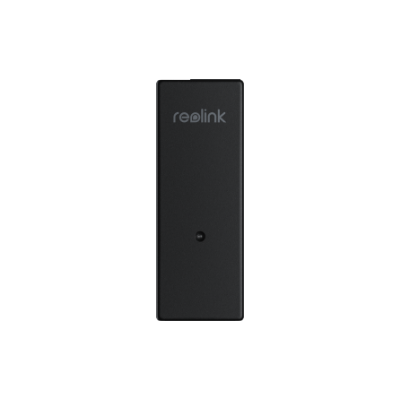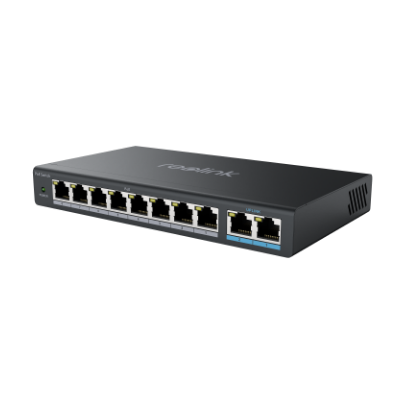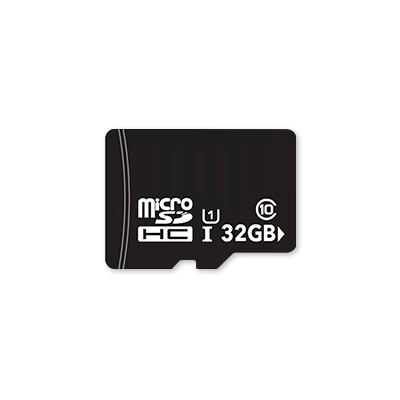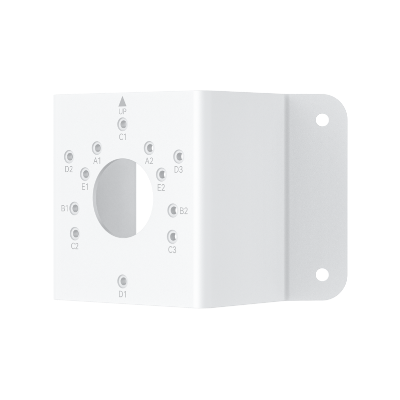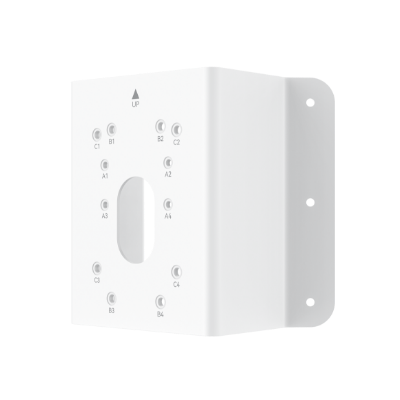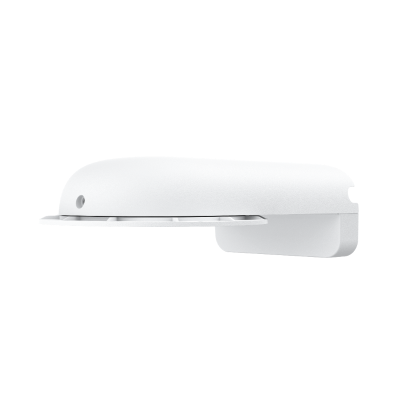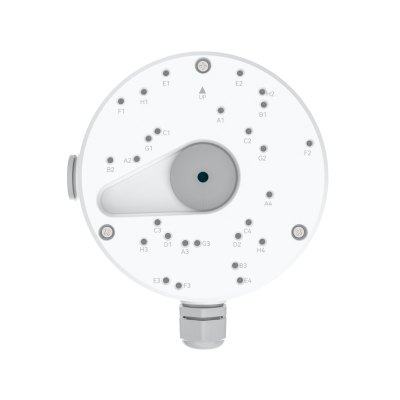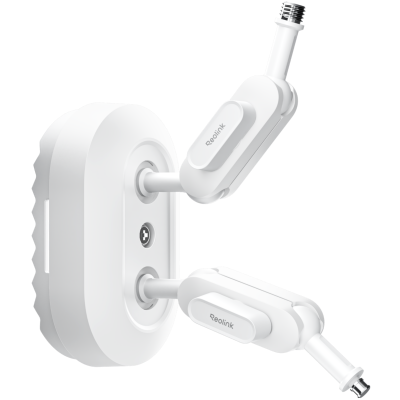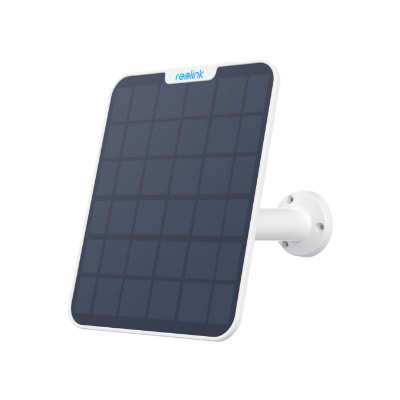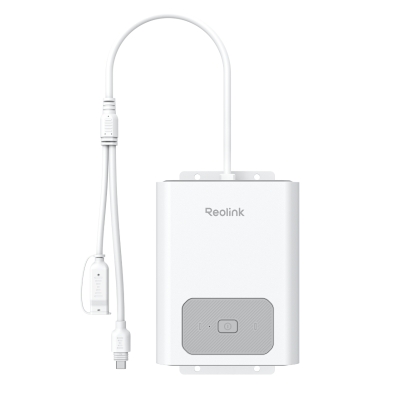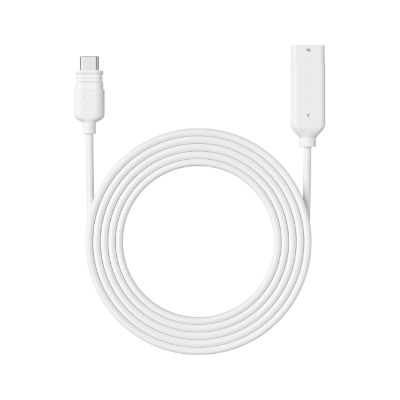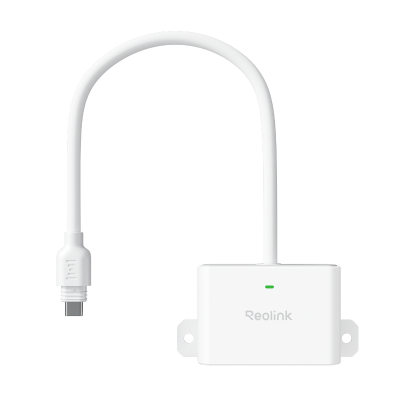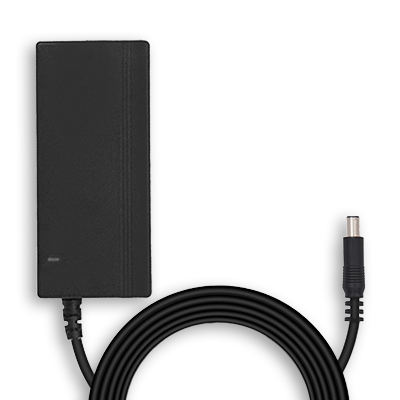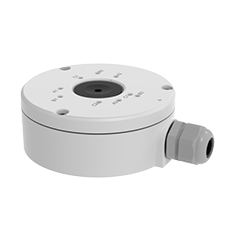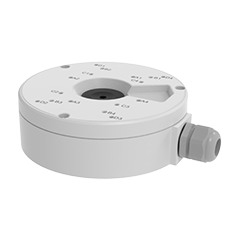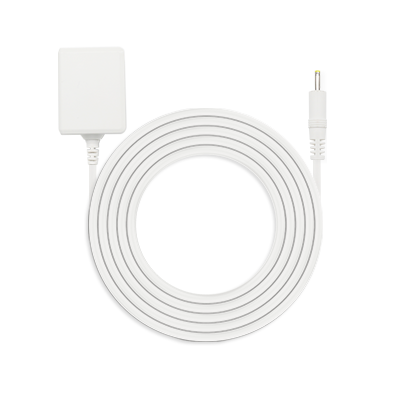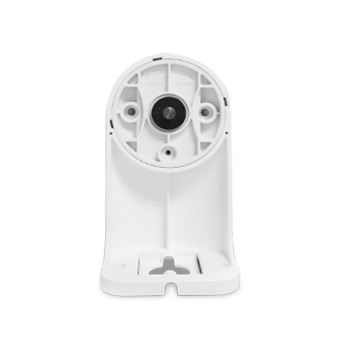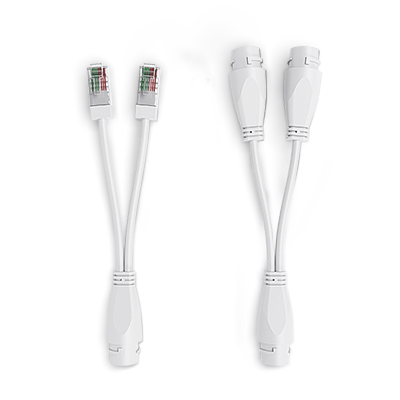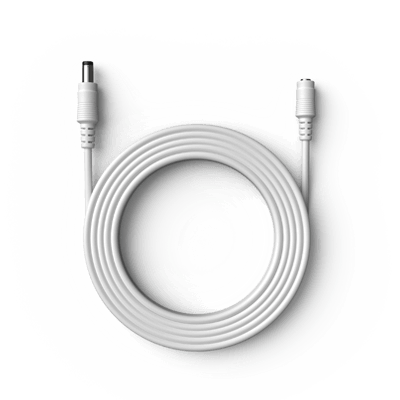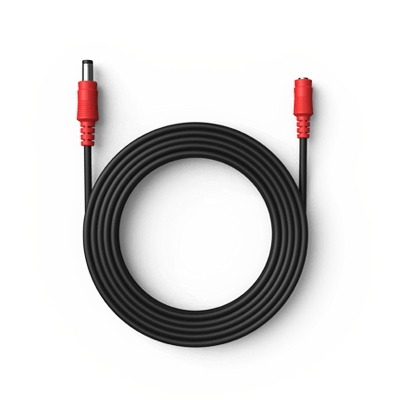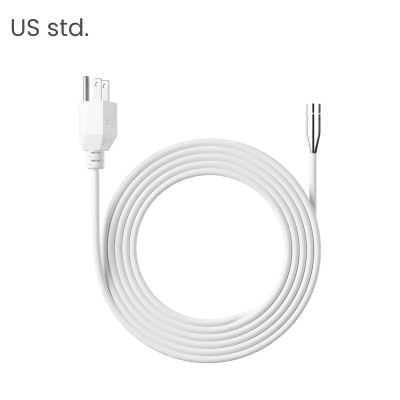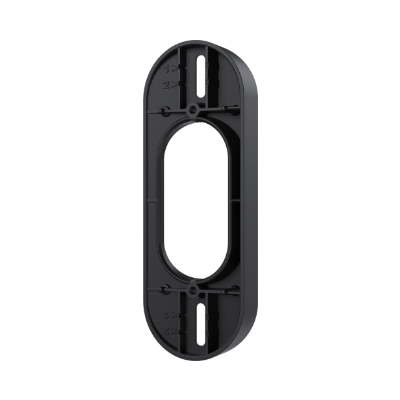CCTV Rules and Regulations UK: A Complete Guide
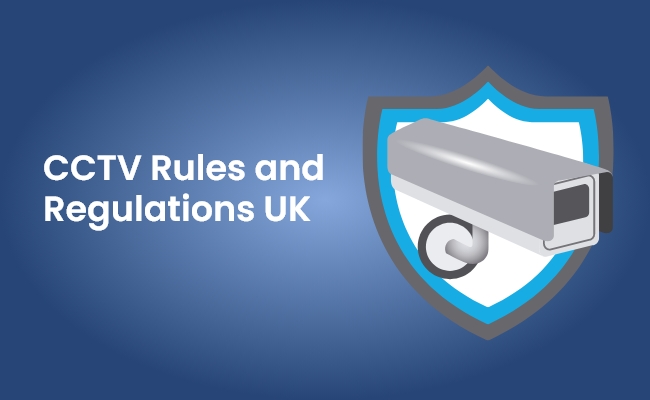
In the UK, CCTV (close circuit television) cameras are increasingly being used at both the business and domestic levels. But there are important rules and regulations concerning their use. Learn all you need to know about CCTV rules and regulations in the UK.
We will be covering where cameras can be located, the legal rights of those being recorded, what CCTV operators are responsible for and why you should follow the CCTV laws UK when it comes to collecting and storing data.
Where Can I Point My CCTV Cameras in the UK?
When installing CCTV video cameras on your property, you should not be allowed to take pictures outside of your land. You require permission to simultaneously point cameras at someone in communal or public places.
Some legal positioning spots for CCTV cameras in the UK include:
- Your front door area to monitor visitors
- Driveways and paths leading to your house
- Rear gardens to deter burglars
- Garages and sheds to protect your property
- Business premises like shops and offices
The new Reolink Duo 3 WiFi is now available in the UK! Enjoy 16MP UHD resolution and a 180-degree ultra-wide field of view all in one device!
Groundbreaking 16MP Dual-Lens WiFi Camera
16MP UHD, Dual-Lens, Motion Track, 180° Wide Viewing Angle, Plug-In WiFi, Color Night Vision.
CCTV Rules and Regulations in the UK
There are a number of important CCTV privacy laws on CCTV footage in the UK that both homeowners and businesses need to be aware of.
Rights
UK residents have certain rights when it comes to the use of CCTV cameras recording them. According to guidance from the Information Commissioner's Office (ICO), these rights include:
- The right to request a copy of CCTV footage they appear in via a subject access request (SAR). This enables individuals to view footage which may allay concerns about what is actually being recorded.
- The right requires that CCTV footage containing their image be deleted. This is known as the right to erasure. It's advisable to explain the reasons for requesting deletion to the CCTV operator.
- The right to object to being recorded on CCTV. This gives individuals the ability to contact CCTV operators and object, requiring the operator to justify why continued recording is prohibited.
Responsibilities - Domestic CCTV
For homeowners using CCTV systems to protect their private property, there are a range of responsibilities that come with operating the equipment. According to official government advice, domestic CCTV users must:
- Ensure systems are installed properly and functioning correctly.
- Recognize they are accountable for all information collected by their CCTV cameras.
- Only use the CCTV system to protect their property - footage should not be accessed or used for any other extraneous purposes.
- Read manuals and understand how systems work, including exporting video evidence if required.
- Respect data protection rights - for instance, responding appropriately if people are recorded, making subject access requests, and asking to see the footage they appear in.
Responsibilities - Business CCTV
The Information Commissioner's Office stipulates that businesses using CCTV must register as data controllers and pay the relevant data protection fee. Exemptions apply in certain circumstances. Additionally, business owners must:
- Clearly inform staff and visitors they are being recorded, usually via visible CCTV signage displayed on the premises.
- Carefully control and limit who can view live footage as well as recorded video evidence.
- ●CCTV systems should only be used for intended security purposes, such as detecting theft. Footage should not be accessed to monitor employee productivity without justification.
Data Protection Fees
Businesses and organizations processing personal data via CCTV must pay an annual data protection fee to the ICO unless exempt under specific circumstances. Fees vary depending on company size and turnover:
- Small and medium-sized businesses typically pay £40-£60 per year.
- Larger organizations with significant staff numbers and revenue may pay up to £2,900 annually.
Laws on Neighbours' CCTV Cameras in the UK
There is a law on neighbours CCTV cameras to record neighbouring properties:
- Neighbouring homes should not appear in CCTV recordings without consent from residents. Cameras must point solely at the owner's property.
- Any neighbour dispute relating to CCTV use should be attempted to be resolved amicably first before considering legal routes.
- Significant persistent harassment via CCTV recording could potentially be classed as anti-social behavior or stalking under the Protection from Harassment Act 1997.
Who Governs CCTV Laws in the UK?
There are a number of authoritative legal bodies that shape and enforce regulations around CCTV usage in the UK:
Information Commissioner's Office (ICO)
The independent regulatory office to uphold information rights and data privacy on behalf of the individual is the ICO. Their code of practice for vertebral CCTV sets out what operators should do to meet legal rules and duties.
Data Protection Act (DPA)
The Data Protection Act 2018 is the key piece of legislation for how businesses, organizations, and individuals must treat private people’s data – such as CCTV captures – when it’s collected, stored, and used.
General Data Protection Regulation (GDPR)
The GDPR (introduced in 2018) is an EU law governing what constitutes personal data, how it should be processed, and how internet privacy should be upheld throughout Europe. When this became a part of UK law, it applied to the usage of CCTV and the DPA.
What Happens If You Don't Follow UK CCTV Rules and Regulations?
There can be serious ramifications for contravening CCTV regulations and rules in the UK:
- The ICO is able to carry out investigations and serve enforcement notices if they receive complaints about non-compliant CCTV use or if they locate this through audits.
- Under GDPR and DPA legislation, data protection breaches can expose you to significant fines of up to £4 million (4% of your global annual turnover) or £17.5 million.
- Fees for not paying data protection fees include fines of £400 for small companies or £4,000 for large companies.
How to Stay Legal with UK CCTV Regulations
Homeowners and business owners can ensure they remain on the right side of UK CCTV laws by following this checklist:
- Carefully position cameras to cover only your own property without intruding on neighbours' homes, gardens, or public land.
- Register with the ICO as a data controller and pay the annual data protection fee if operating business CCTV.
- Clearly display visible signage alerting people to CCTV recording in areas covered by surveillance.
- Respond promptly to subject access requests from individuals recorded, providing copies of footage.
- Respect rights of staff, visitors and passers-by to object to disproportionate recording via CCTV.
- Only access and use of CCTV footage for intended security purposes rather than tracking employee productivity are allowed.
- Securely store recordings, limiting access to authorized individuals only.
- Seek explicit consent from neighbours or local authorities if needed to point CCTV at nearby homes, communal property, or public areas.
FAQs
What can I do if my neighbour is recording me UK?
If a neighbour's CCTV camera is intrusively recording into your private property in the UK without consent, first speak politely to the neighbour, explaining objections and requesting they reposition the CCTV.
If unsuccessful, a legal letter from a solicitor formally asking them to stop recording you usually resolves issues. If the harassment persists, reporting alleged anti-social behaviour to local authorities and police may be warranted as a last resort.
Can my neighbour have CCTV pointing at my house UK?
It is not illegal for neighbours to point CCTV cameras at parts of your property bordering their home, such as shared driveways or walls. However, explicitly aiming cameras directly at windows or private garden areas likely infringes privacy rights. Express objections clearly first before making formal complaints to local authorities about invasive recording without permission.
Conclusion
Installing CCTV cameras has become a default home and business security measure in the UK. However, CCTV operators on both private and commercial properties need to ensure they remain on the right side of the law.
Carefully following the checklist within this guide allows CCTV users to avoid fines or prosecution while responsibly balancing security needs with individual rights and freedoms. With surveillance technology only set to expand, upholding ethical and proportional standards has never been more vital.
Search
Subscribe for the Latest Updates
Security insights & offers right into your inbox

